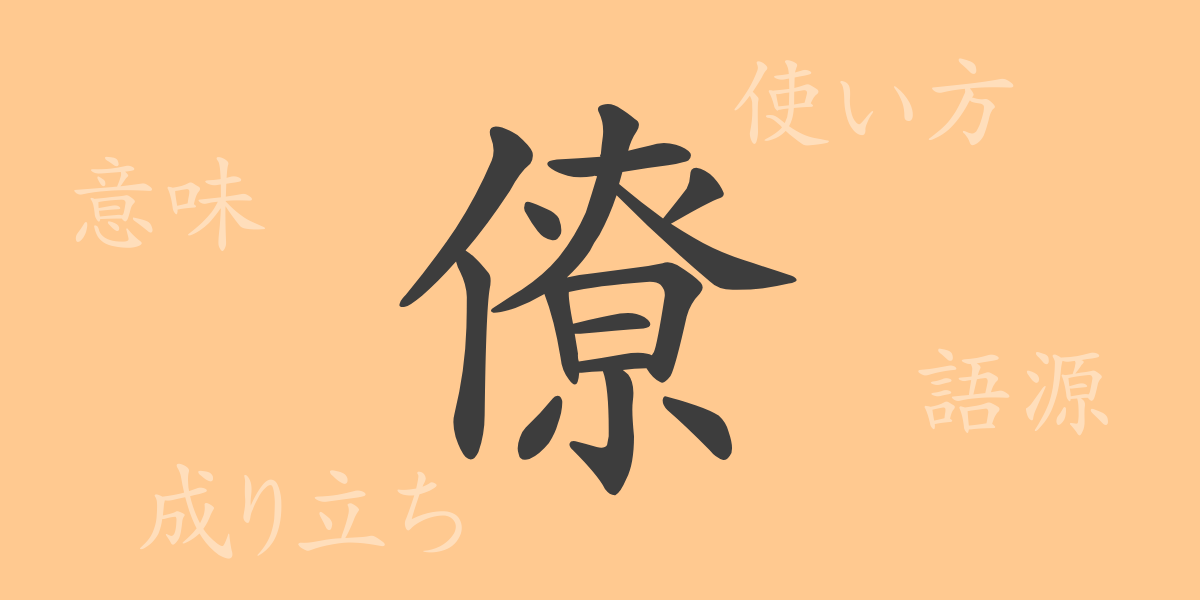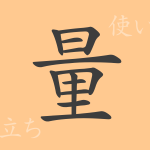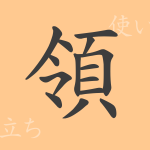The power of a single kanji character reflects the history and culture hidden in its form and sound. Among the 常用漢字 (じょうようかんじ, jōyō kanji) used in Japan, there are characters frequently used in daily life and those that appear only in specific contexts. The character 僚 (りょう, ryō) belongs to the latter category, often seen in official documents or specific compound words. In this article, we delve into the origins, meanings, usage, readings, and even idioms and phrases that include 僚 (りょう, ryō), uncovering its full scope.
The Origin of 僚 (りょう, ryō)
The kanji 僚 (りょう, ryō) has its roots in ancient Chinese oracle bone script. Originally, it combined the radical for “person” (人偏, ひとへん, hito-hen) with the character 翏 (りゅう, ryū), which means “bird.” The current form of 僚 (りょう, ryō) is a simplified version of this combination. Initially, it depicted a person serving someone above them, akin to a bird, and later came to mean “bureaucrat” or “colleague.”
Meaning and Usage of 僚 (りょう, ryō)
The character 僚 (りょう, ryō) is primarily used to refer to colleagues in government offices or companies, meaning people who hold the same position or rank. It can also refer to individuals belonging to specific organizations or groups, as seen in words like 官僚 (かんりょう, kanryō) and 同僚 (どうりょう, dōryō). 僚 (りょう, ryō) is rarely used alone and is generally found as part of compound words.
Readings, Stroke Count, and Radical of 僚 (りょう, ryō)
The structure of the character 僚 (りょう, ryō) provides insights into its readings, stroke count, and radical.
- Reading: The on’yomi (音読み, おんよみ) is “リョウ” (りょう, ryō), and there is no kun’yomi (訓読み, くんよみ).
- Stroke Count: It has a total of 15 strokes.
- Radical: The radical is 人偏 (ひとへん, hito-hen).
Compound Words and Idioms Using 僚 (りょう, ryō)
Compound words and idioms that include 僚 (りょう, ryō) are often used in official contexts or work-related scenarios. Here are a few examples:
- 官僚 (かんりょう, kanryō): Refers to a government official working in administrative agencies.
- 同僚 (どうりょう, dōryō): Refers to colleagues or peers in the same workplace or position.
- 部下僚 (ぶかりょう, bukaryō): Refers to colleagues who are subordinates.
- 艦僚 (かんりょう, kanryō): Refers to officers or soldiers serving on a warship.
These compound words are used to describe human relationships and hierarchies within workplaces or organizations.
Summary of 僚 (りょう, ryō)
The kanji 僚 (りょう, ryō) plays a niche role in Japanese culture and language. It is indispensable for expressing bureaucratic systems and workplace relationships, and its meanings and usages are key to understanding Japanese social structures and culture. Through this article, we have explored the history and culture behind the kanji 僚 (りょう, ryō), and how it is utilized in contemporary language.

























